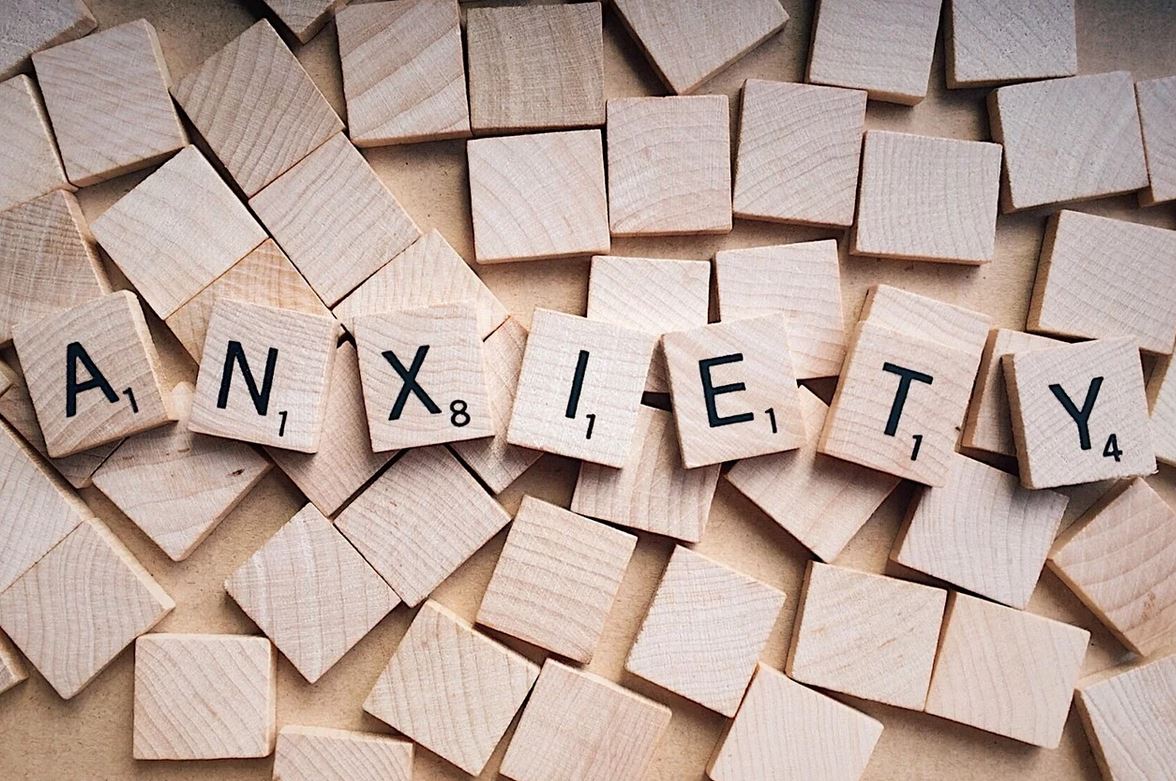 We are being bombarded by global news stories reporting how many people have become infected by the virus and how many have succumbed. The WHO recommendations are continually being revised and updated, social distancing is in force, working mothers are home with their children (as are many working fathers), employee hours are being cut, businesses are closing, the elderly and the most vulnerable among us are being instructed to isolate themselves even more. The financial health of many families has also been infected and its prognosis for recovery appears grim.
We are being bombarded by global news stories reporting how many people have become infected by the virus and how many have succumbed. The WHO recommendations are continually being revised and updated, social distancing is in force, working mothers are home with their children (as are many working fathers), employee hours are being cut, businesses are closing, the elderly and the most vulnerable among us are being instructed to isolate themselves even more. The financial health of many families has also been infected and its prognosis for recovery appears grim.
If you feel like you’ve lost control of your life, your feelings are valid. You have.
The uncertainty of the future and the complete upheaval of our daily routines has left many of us feeling like Henny Penny who, when hit over the head, runs around announcing that the sky is falling. However, unlike Henny Penny, we’ve not been hit in the head by a falling acorn, we’ve been infected by an invisible virus and our alarm is appropriate.
Here’s how to cope with the anxiety induced in us by these unexpected changes in our lives:
1. Focus on the altruism that surrounds us. Observe how community members join together to support those in need. Lakewood has always been known as a city of chesed and this has never truer than it is today. Even while resources are scarce organizations like Bikur Cholim, Relief Resources, Tomchei Shabbos, and Chai LIfeline, just to name a few, are stepping forward and increasing the amount of assistance and support they typically offer.
2. Recognize the value of your new reality. Previously, life moved at such a fast pace, most of us couldn’t catch our breath. Being forced to slow down gives us a chance to just be. Certain pressures and demands we faced daily have been put on hold. Spring is in the air. Have you heard the birds chirping in the early morning? Now you have the time to pause and listen to their song, to notice the blossoming trees. When was the last time you had enough freedom to be in the moment?
3. Maintain structure and routine. Get up at the same time every morning. Get dressed in ways similar to how you dressed when you were leaving the house. Create a new daily routine for you and your family. Following a routine will help you feel anchored instead of adrift during this time of uncertainty. If you’re home with your children, create a picture schedule for them and include them in this activity. Listen to their input and let them know that you value their ideas.
4. Go on a media diet. Limit your exposure to anxiety inducing activities such as social media or reading news reports. Just as the virus is contagious, so is panic. Set specific and measurable limits e.g. 15 minutes in the morning and 15 minutes in the evening.
5. Introduce novelty into your life. Use this time to do something new. Have you been wanting to learn a new language, take up a hobby, read a book? Now is the perfect time to indulge yourself.
6. Protect your mental health. You are facing unprecedented restrictions and changes to your life. Change is hard. Identify and accept all your feelings without judgement. Common feelings during a pandemic are grief and worry. Acknowledge your feelings and recognize that you are doing the best that you can. Talk about the effect the pandemic is having on you with family and friends. If you feel you are unable to manage your anxiety on your own, reach out to a mental health professional for extra support. That’s what we’re good at – helping you cope with crises and restoring your sense of well-being.
7. Nurture your relationships. Social distancing should mean physical distancing only. We are social beings and need to feel connected to others. While living in our fast-paced world, we used texting and voice notes to communicate. Right now, take the time to talk and hear each other’s voice. If you can’t connect by phone, writing an email can help you articulate your thoughts and share your feelings.
8. Spread kindness (without spreading the virus). There is someone out there who would love to hear from you and would appreciate getting your attention. Knowing that they matter to you can make all the difference to their day.
9. Practice an attitude of gratitude. Gratitude is the emotion we feel when receiving something good. Even though your life has been disrupted in ways you never imagined, take time to count your blessings. Recognizing the gifts you have prevents anxiety from taking root.
10. Take good care of your body. Eat three healthy meals each day. Get the right amount of sleep. Get a healthy dose of fresh air and exercise. The link between exercise and mental health is clearly documented.
Behind every crisis lies an opportunity and the Coronavirus pandemic is no exception. Anxiety is not always a bad thing. It hits us during times of danger. It functions as a messenger, letting us know that we must respond to a threat. You can choose your response. Soon, with Hashem’s help, things will get better. You’ll return to work and your children will go back to school. If you seize the opportunities for growth that this crisis presents, you’ll be better too.

